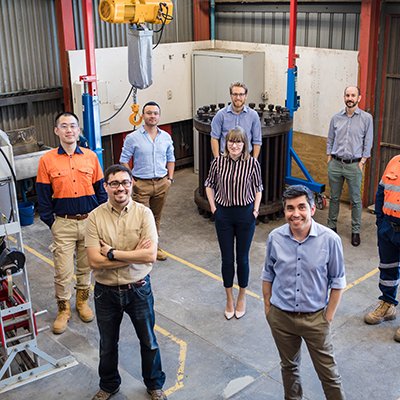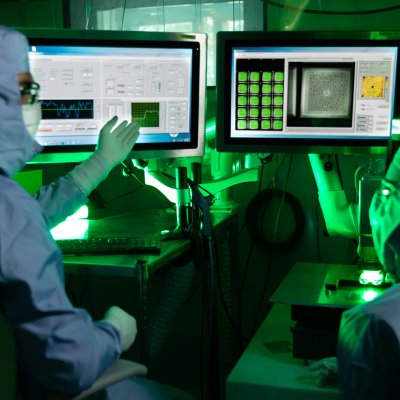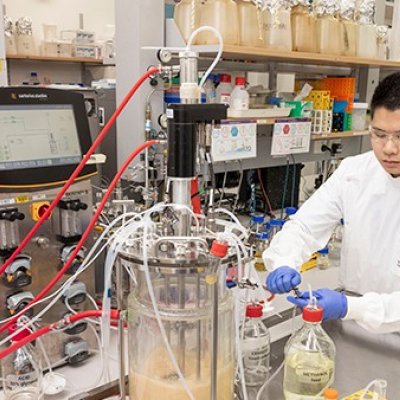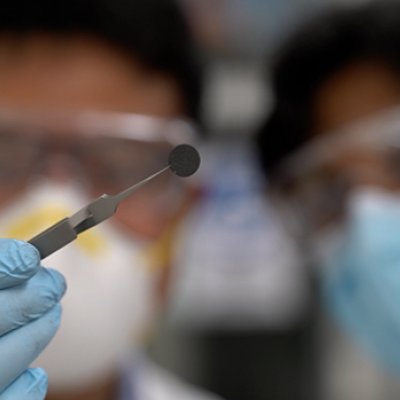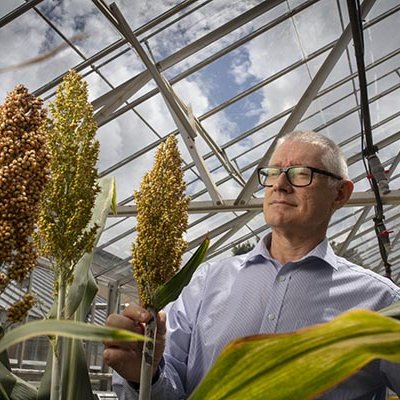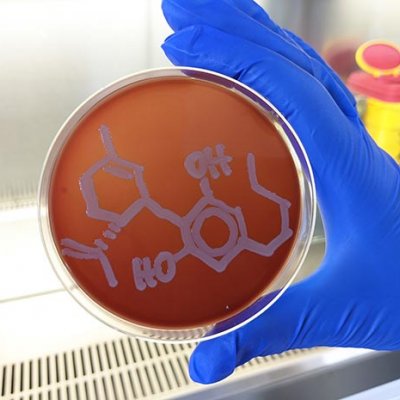It’s not easy to predict how rock will fracture when exposed to a blast hundreds of metres below the earth’s surface, but a piece of experimental equipment will take away the guess work for The University of Queensland’s blasting and fragmentation...
13 June 2021Researchers are urging key decision makers and sector stakeholders to adopt 16 recommendations to help close the educational divide and improve Australia’s treatment of children and young people experiencing disadvantage.
9 June 2021UQ has delivered the Hexapro vaccine candidate from the USwith the Vaxxas high-density microarray patch (HD-MAP).
3 June 2021A pilot facility at The University of Queensland could be producing mRNA vaccines and cancer therapies for research and development within months after receiving backing from the Australian Government.
29 April 2021Faster-charging and more sustainable batteries with a life up to three times greater than lithium ion are being built with technology developed at The University of Queensland.
23 April 2021Agriculture has entered a new era where advanced, multidisciplinary sciences are harnessed to meet consumer demands for safe, ethically and sustainably produced foods, according to the incoming director of a key research institute.
26 March 2021Astronauts aboard the International Space Station (ISS) are conducting experiments with an antimicrobial surface coating designed to fight the spread of bacteria and viruses.
16 February 2021Synthetic cannabidiol, better known as CBD, has been shown for the first time to kill the bacteria responsible for gonorrhoea, meningitis and legionnaires disease.
20 January 2021- ‹ previous
- 2 of 2
